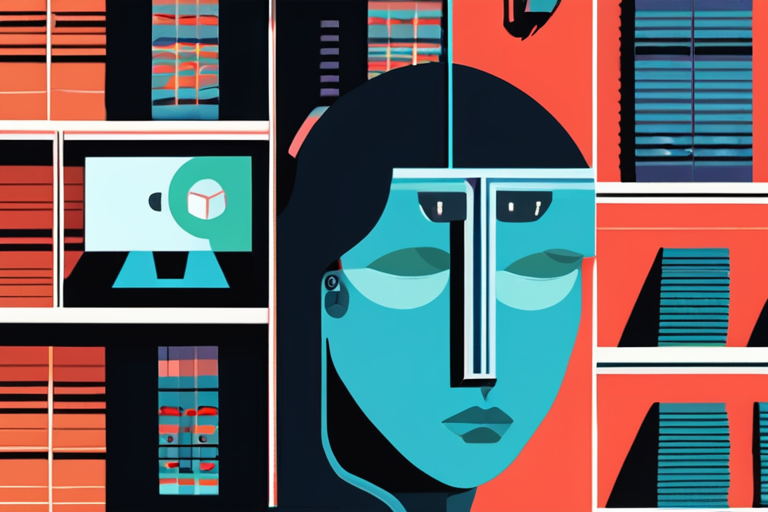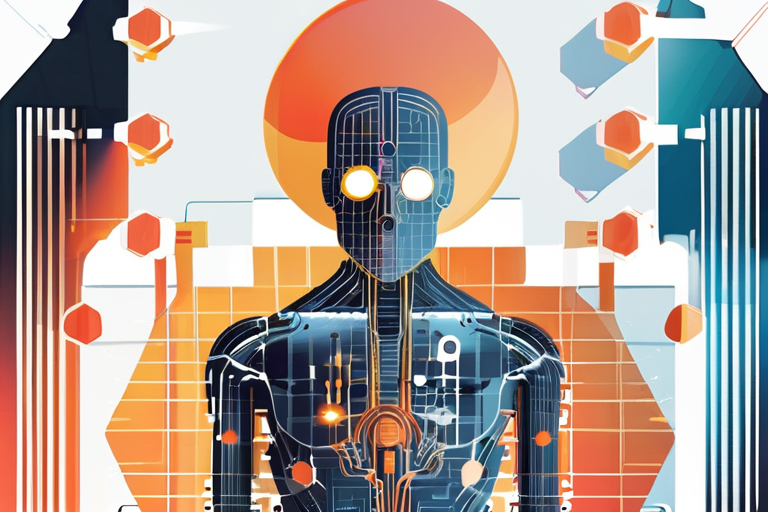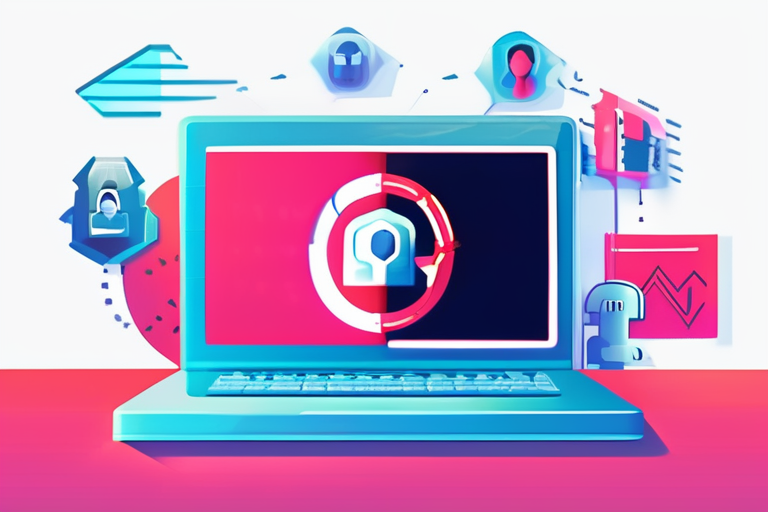AI's Double Edge: How Security Pros Can Harness Its Power to Outsmart Threats


Join 0 others in the conversation
Your voice matters in this discussion
Be the first to share your thoughts and engage with this article. Your perspective matters!
Discover articles from our community

 Hoppi
Hoppi

 Hoppi
Hoppi

 Hoppi
Hoppi

 Hoppi
Hoppi

 Hoppi
Hoppi

 Hoppi
Hoppi

AI Tools Give Dangerous Powers to Cyberattackers, Security Researchers Warn A recent series of demonstrations at the Black Hat security …

Hoppi

AI Augmentation Revolutionizes Penetration Testing in Cybersecurity A significant shift is underway in the world of cybersecurity, driven by the …

Hoppi

Cybersecurity Professionals Under Pressure Turn to AI Amid Rising Threats A new report from ISACA, a global association for IT …

Hoppi

The Evolution of AppSec: Top 5 AI-Driven Tools Emerge in 2025 As the digital landscape continues to transform, applications have …

Hoppi

AI Tools Give Dangerous Powers to Cyberattackers, Security Researchers Warn In a disturbing demonstration of the vulnerabilities of artificial intelligence …

Hoppi

AI-Powered AppSec Tools Revolutionize Cybersecurity: Top 5 Picks for 2025 In a bid to stay ahead of the evolving threat …

Hoppi